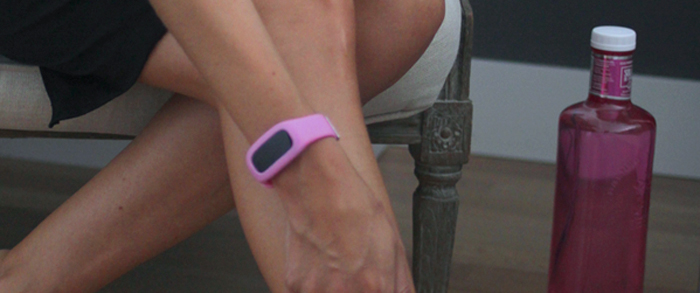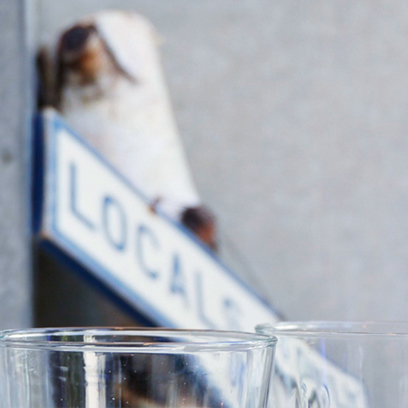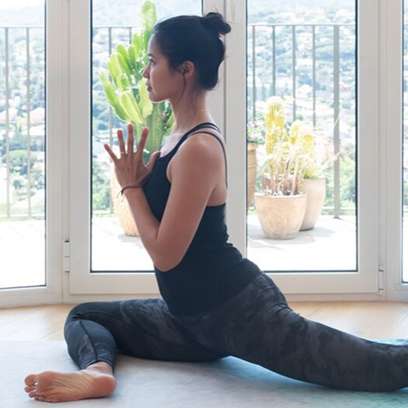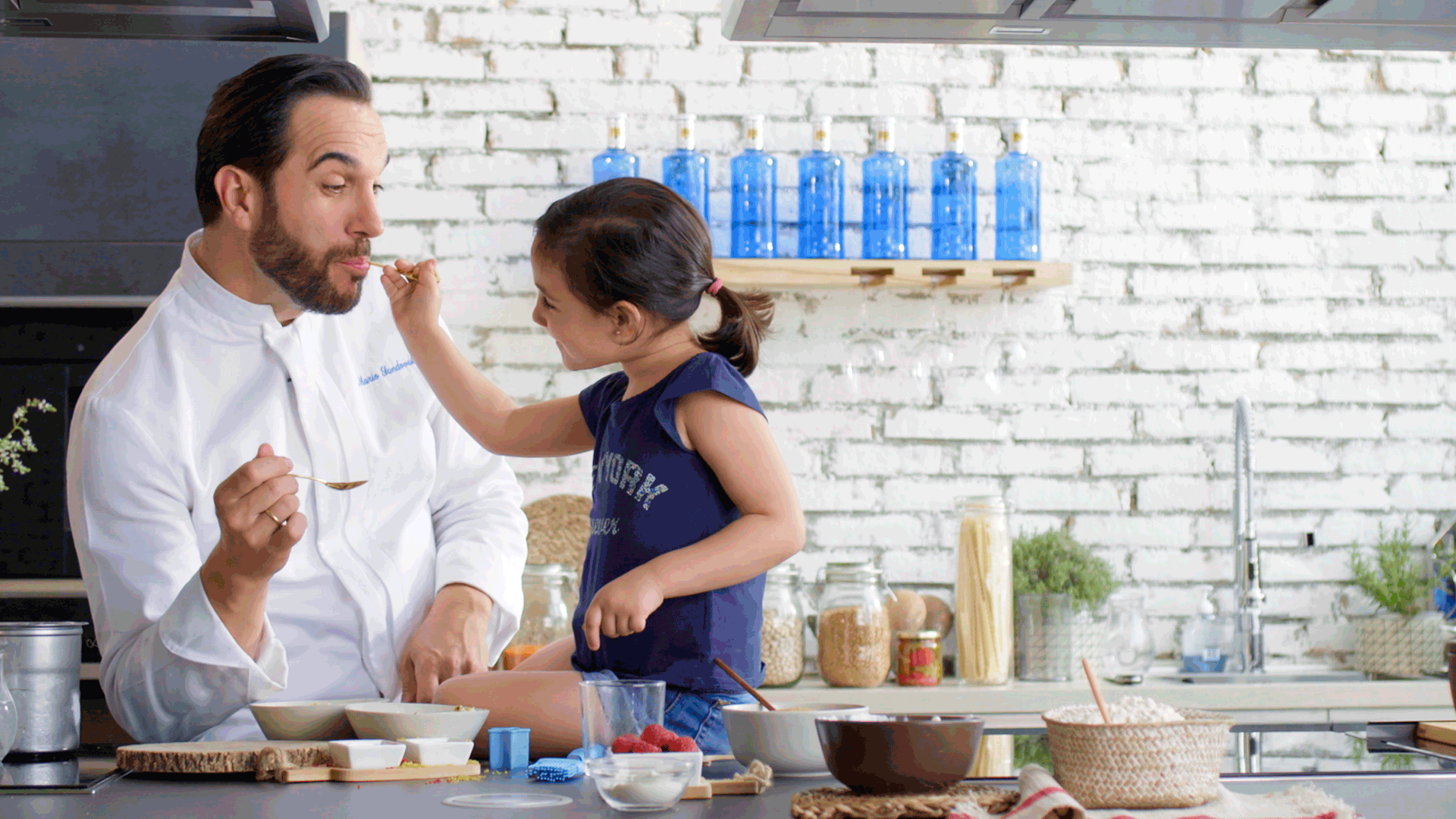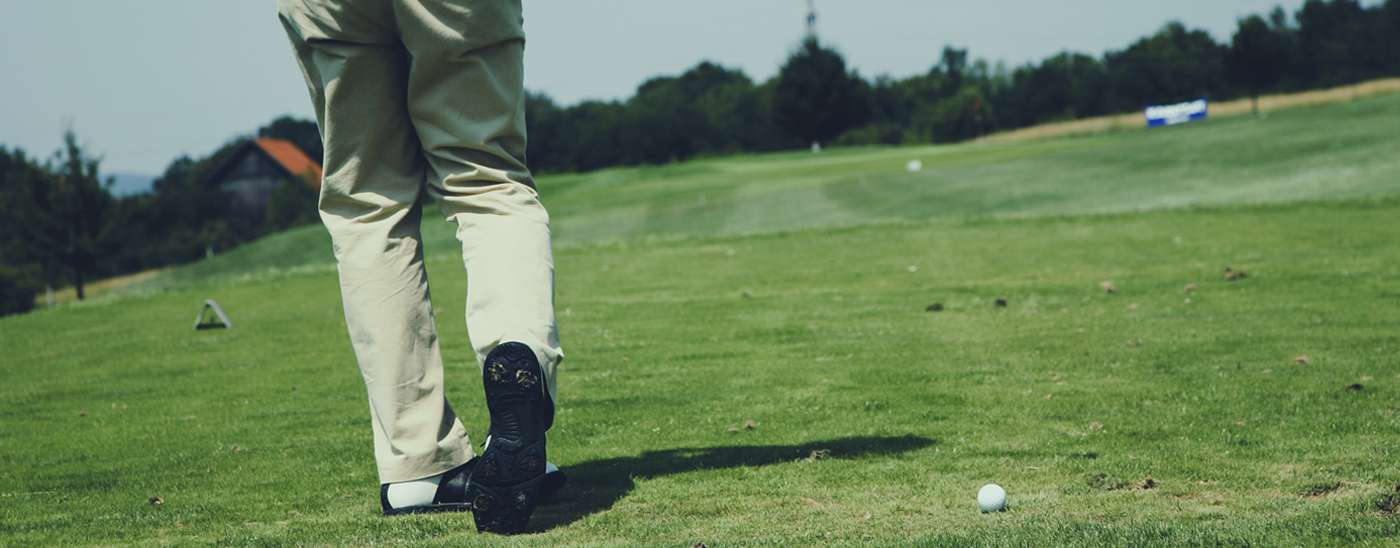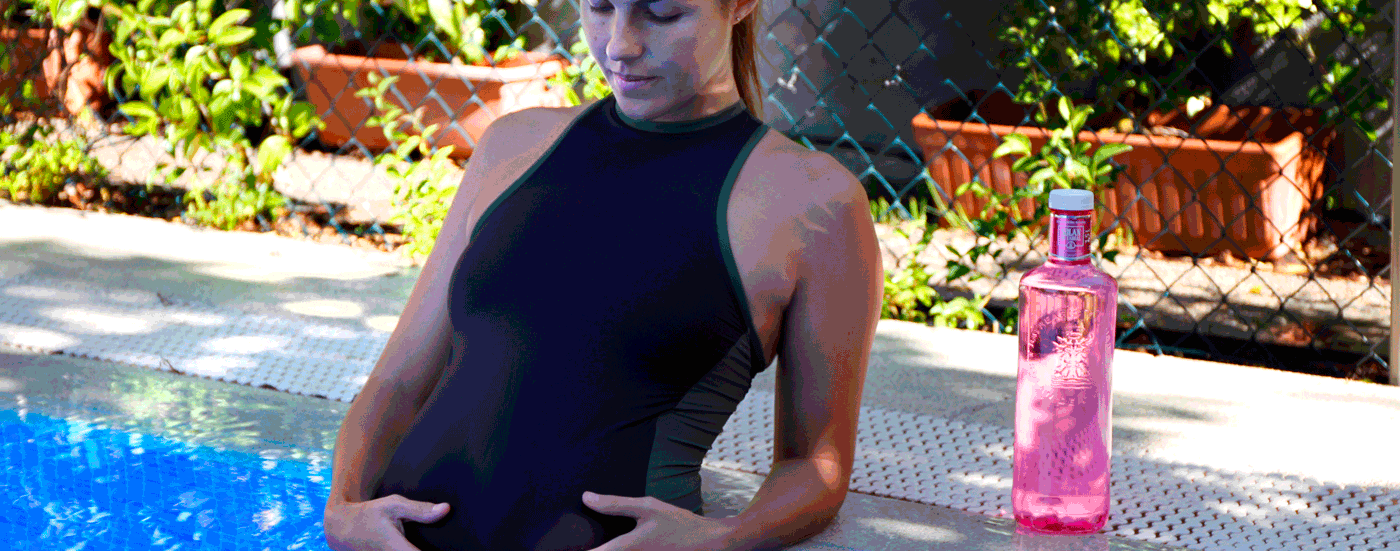
-
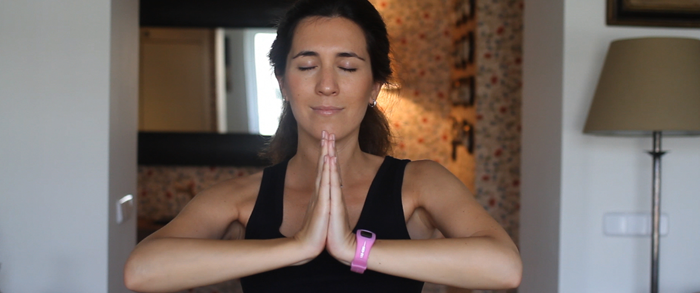
-
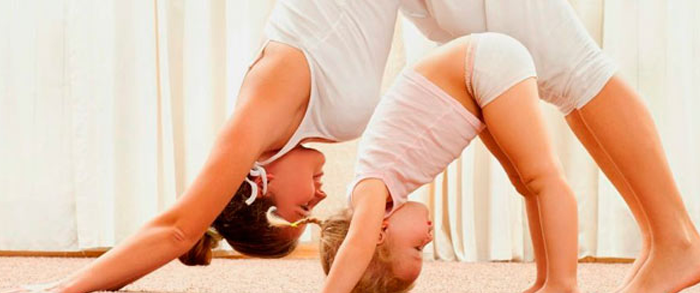
-

-
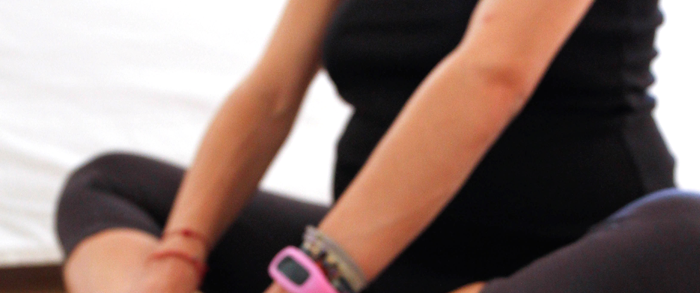
-

Los Primeros Paseos Con Nuestro Bebé
Es un verdadero placer dar un paseo con tu bebé por un [...]
Leer -
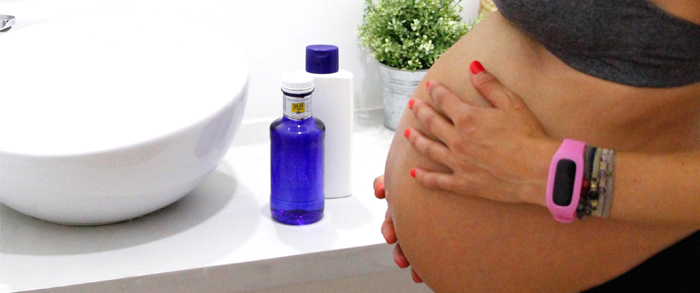
-

-
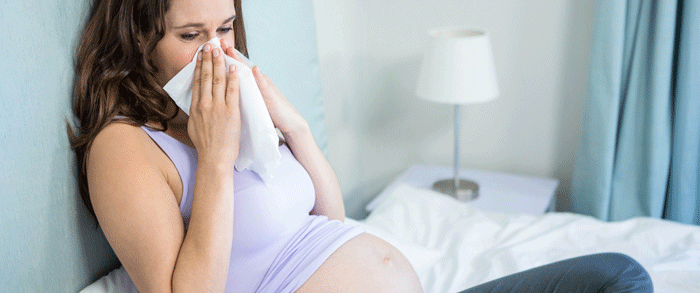
-
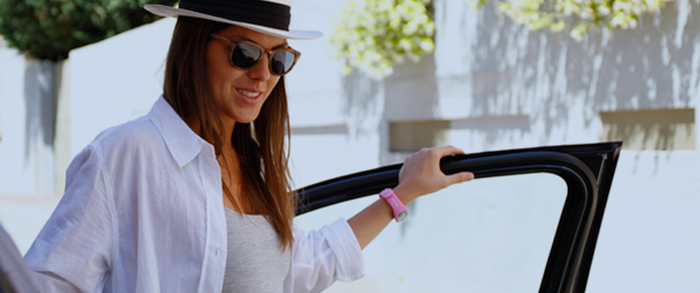
-
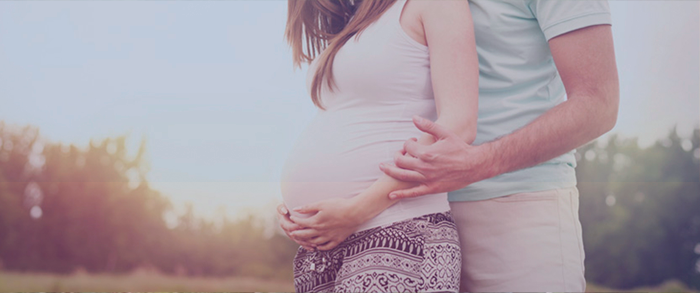
-
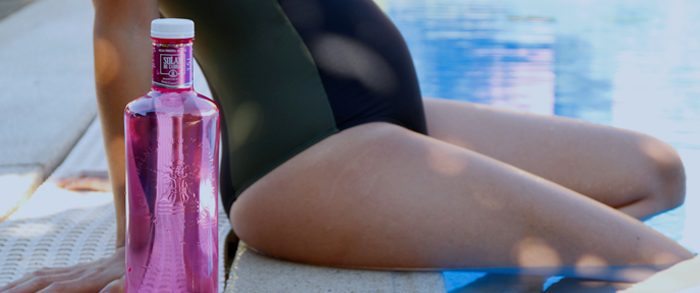
-
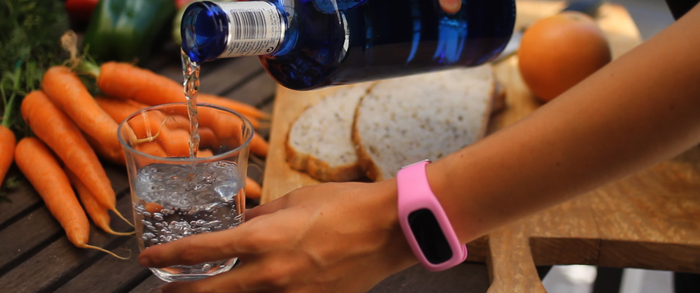
Protección E Hidratación Durante El Embarazo
Durante el embarazo la mujer trata de cuidarse más, de [...]
Leer -
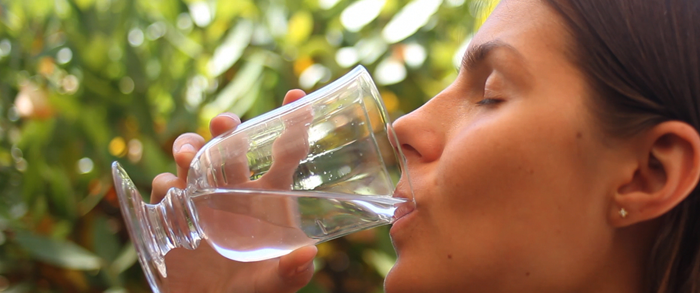
-
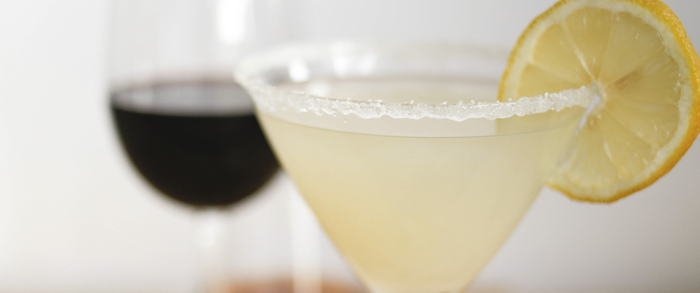
Bebidas No Recomendadas Durante El Embarazo
Siempre se aconseja beber más líquidos durante el [...]
Leer -
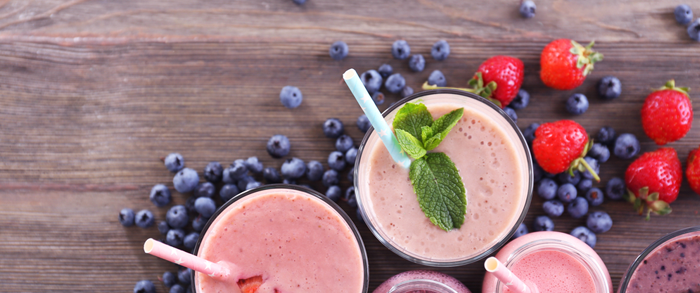
-
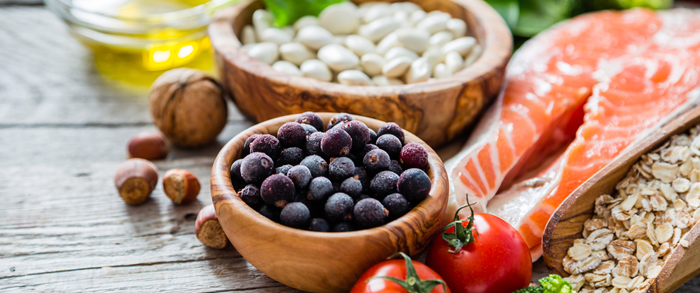
Alimentación Durante La Lactancia
La alimentación durante el embarazo y la lactancia es un tema de gran importancia.
Leer -
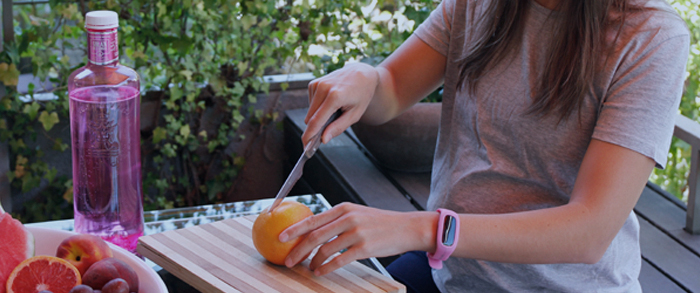
Alimentación Durante El Embarazo
Alimentos que serán tus aliados durante el embarazo y alimentos no recomendados.
Leer -
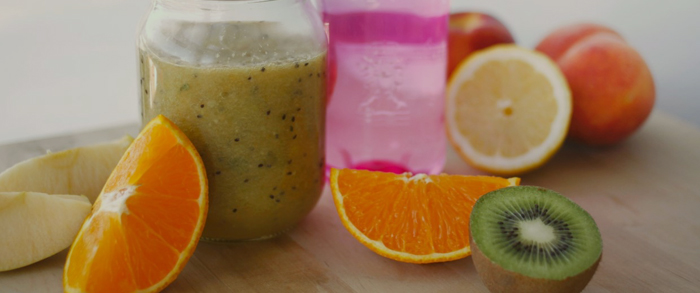
Batidos Naturales Para Embarazadas
Una de las premisas básicas para mantenernos sanos y tener una alimentación equilibrada es tomar fruta a diario, y si estamos [...]
Leer -
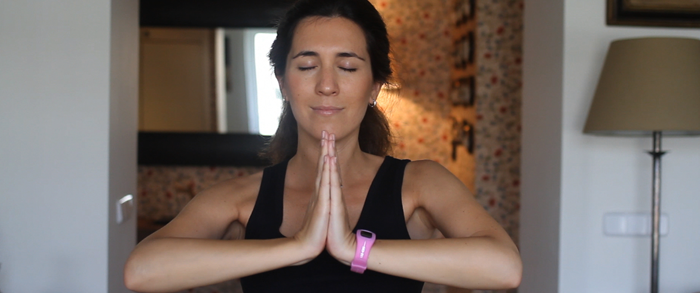
Yoga Durante El Embarazo
Durante los meses de gestación una de las maneras más recomendables de mantenerse activa y preparase para el alumbramiento es realizar Yoga.
Leer -
